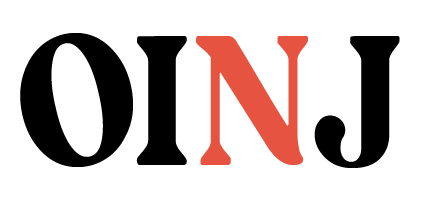Join Omaha Documenters' Founders Club
Make a Contribution Today
Public meetings happen almost every day in Omaha. But almost every one of them occurs with no media or member of the public present to observe and document the decisions being made — decisions that shape the policies and systems that impact the lives of Omahans. Without independent observers, accountability is lacking and misinformation thrives.
Documenters fills that gap and puts the “public” part back in our public meetings. So we're asking 500 of you to be part of this change from the start.
By first tracking all the public meetings and making the meeting information accessible, Omaha Documenters then trains and pays a network of community members, ideally from every zip code in our community, to document local public meetings through live-tweeting, detailed note taking and ultimately, reviewing the deeper records that make the public agenda. We publish those fact-checked notes for all to use, members of our community and media especially, building a public record of how decisions are made at public meetings.
Since we began our assignments in October 2022, we've covered more than 90 different meetings, ranging from Douglas County Commissioners and Omaha City Council to the Omaha Streetcar Authority, MECA, and three different school boards. We have trained more than 40 Documenters, about half of which have taken assignments
Our coverage of public hearings on mental health at the county level has even been used in recent articles by local media.
Now we're expanding our programs to bring more community members into our new public newsroom, and we want you to be one of the founders.
The Short of It
We want to raise funds from 500 individuals by the end of September. With your financial support, Omaha Documenters will…
- Continue to regularly cover meetings that matter to you and your community and follow those that very few people know about.
- Create explainers on how local government bodies work, like how they facilitate public comment, put together the agenda, their budgeting process, and even why you should care about this committee or board.
- Package this seemingly complex information into content we can all easily understand, making local government more accessible.

